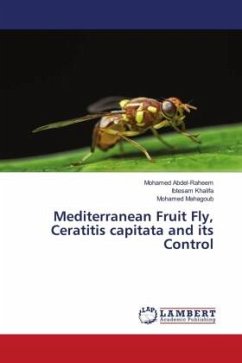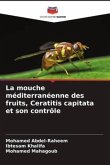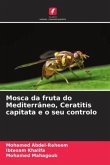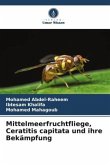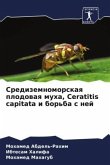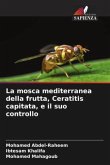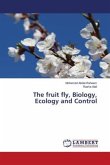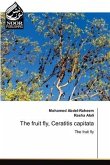Ceratitis capitata is considered a major tephritid fruit fly pest of economic importance attacking more than 300 different hosts, primarily temperate and subtropical fruits. The medfly as it is commonly called has invaded many countries and caused major economic losses for fruit farmers. C. capitata has the ability to tolerate cooler climates better than most other species of fruit flies. It lays its eggs under the skin of fruit, usually around already broken skin. Due to this reproduction habit, C. capitata thrives in agricultural areas where fruit is left out and becomes damaged. It spreads to new locations via exports and the local sale of fruit that contains eggs. C. capitata, commonly known as the Mediterranean fruit fly or medfly is a yellow and brown fly native to sub-Saharan Africa. C. capitata has no near relatives in the Western Hemisphere and is considered to be one of the most destructive fruit pests in the world. There have been occasional medfly infestations in the states of California, Florida, and Texas requiring extensive eradication efforts to prevent the fly from establishing itself in the US.

